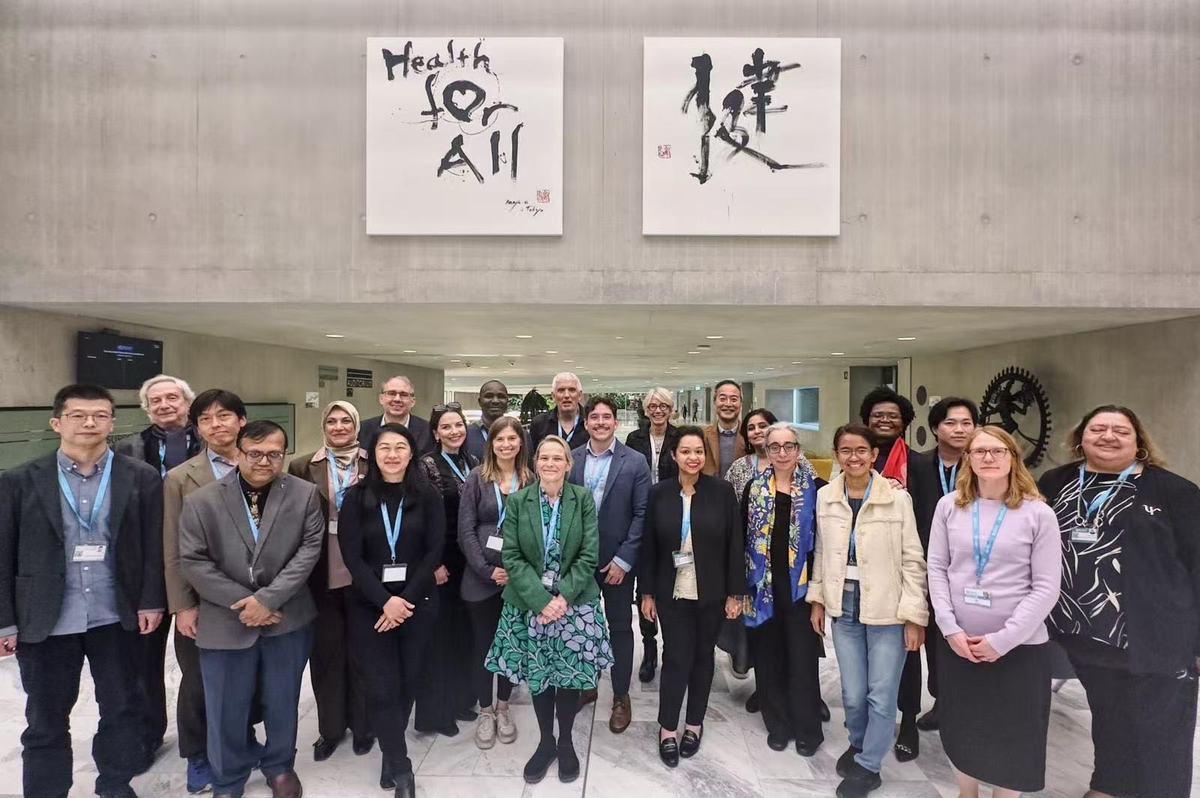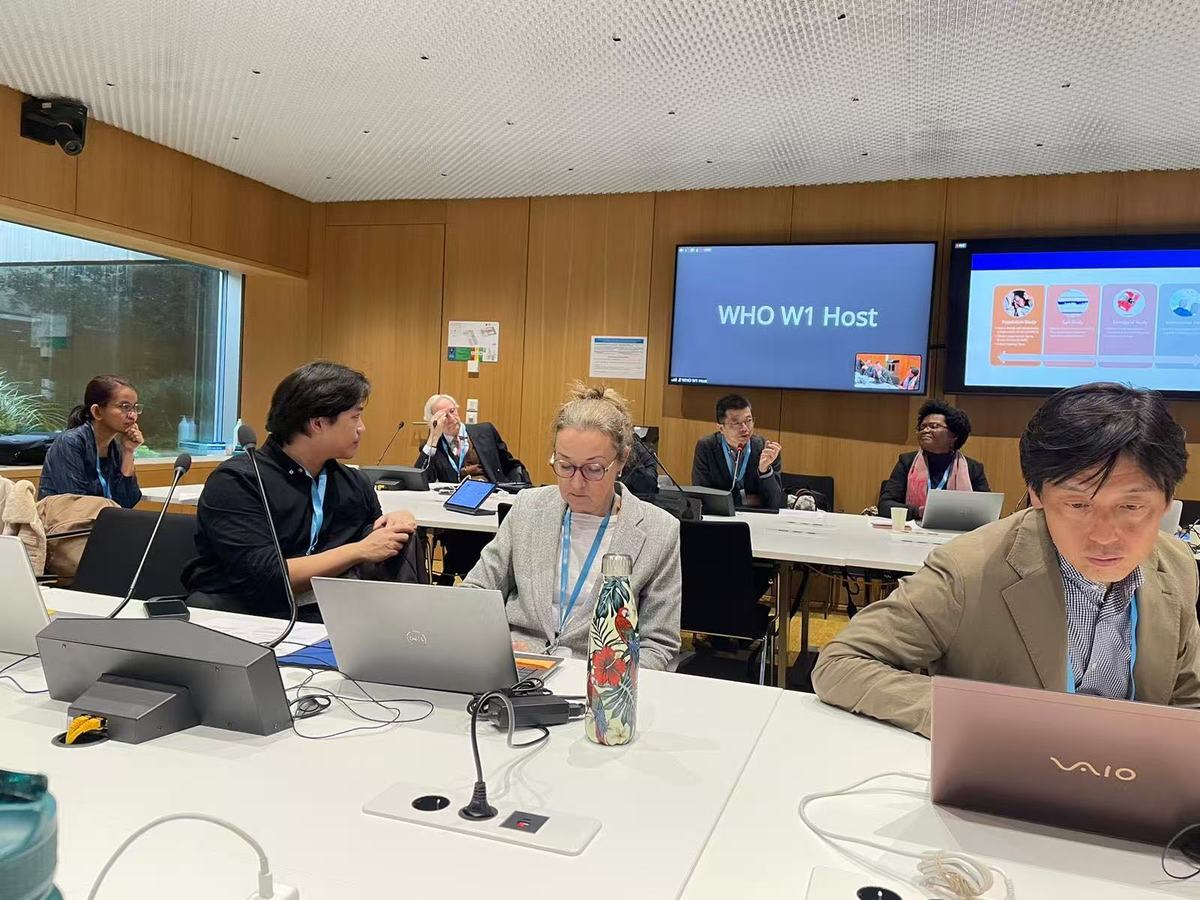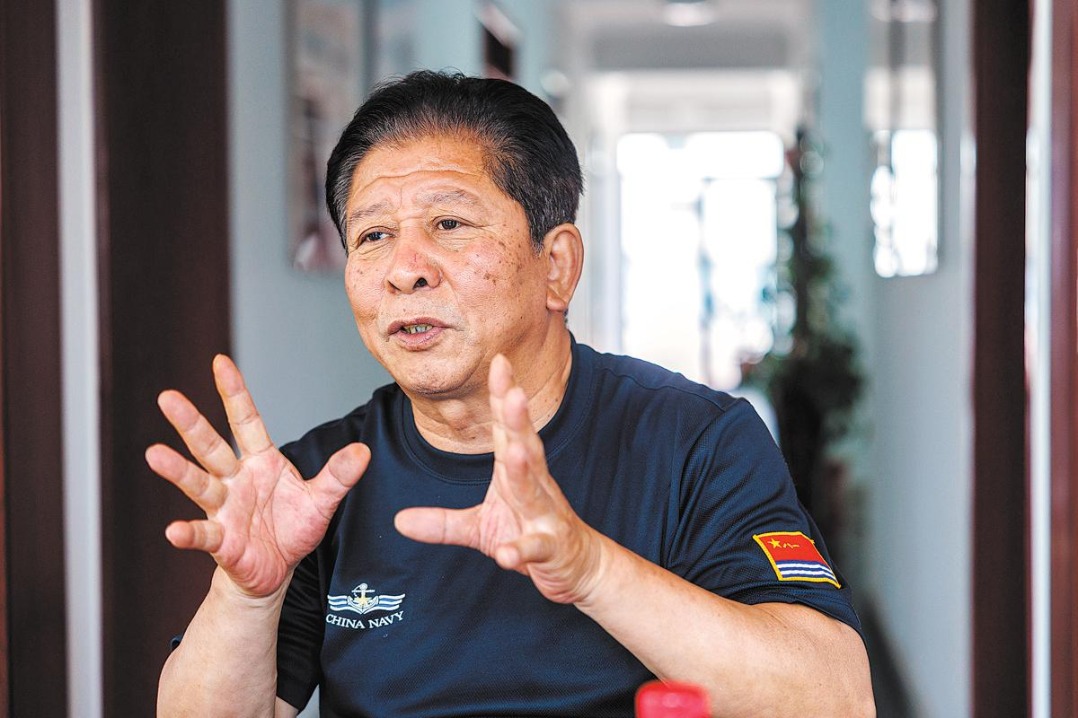Chinese research informs WHO loneliness report


Research conducted by Chinese scientists on mobile phone usage among university students contributed to a World Health Organization report released on Monday, which identified loneliness as a pressing global health threat.

Yu Bin, an associate professor at Tianjin University's Institute of Applied Psychology, was one of 20 international experts selected for the WHO's Technical Advisory Group on Social Connection last year.
During a discussion at the WHO headquarters in Geneva last October, Yu advocated for the inclusion of the "impact of digital technology on social interaction" in the WHO's Commission on Social Connection report.
He noted initial disagreement among experts on the topic, citing the lack of definitive scientific evidence on whether digital technology's effects are positive or negative. His argument drew on research he and his team conducted on mobile phone usage at universities, which revealed an average daily usage of 7.5 hours.
"My point is, regardless, digital technology profoundly impacts people's physical and mental health as well as social connections in the digital age," Yu said.
His proposal gained support, leading to the addition of three dedicated pages in the final report analyzing the potential impact of digital technology on social connection.
Yu also helped proofread the Chinese summary of the WHO's report to raise awareness among government bodies and academia and attract more scholars to the field.
"This participation signifies international recognition of my research and offers a platform to share China's insights within global health governance," Yu said.
The WHO's Commission on Social Connection report marks a milestone in global public health awareness and fosters cross-border collaboration. Yu's pivotal role underscores Tianjin University's research strength in this vital field and China's proactive commitment to addressing global health challenges, the university said.
Yu's contribution led to a further invitation in 2025 to join the WHO's new guideline development group on social isolation and loneliness. This new group is tasked with developing evidence-based intervention guidelines covering all age groups.
Yu emphasized the need for context-specific guidelines: "The causes of social isolation and loneliness vary due to differences in social systems and historical and cultural backgrounds. Therefore, intervention guidelines need to be tailored, considering national contexts, gender, age, and other factors."
He highlighted effective interventions already existing in China, such as self-organized square dancing and traditional games like mahjong among the elderly, which positively alleviate social isolation and loneliness.
"I hope our research can provide a reference and inspiration for intervention efforts in other countries," Yu added.
Lu Ruotong contributed to this story.
- Former national legislator sentenced to life for bribery
- Yantai wine soars from fine vintages to lifestyle craft
- Highlights from the Shandong's first day in Hong Kong
- NW China's UNESCO-listed grotto site temporarily closed amid heavy rain
- Emergency response to flooding activated for NW China's Qinghai
- Hefei powers China's AI ambitions






































